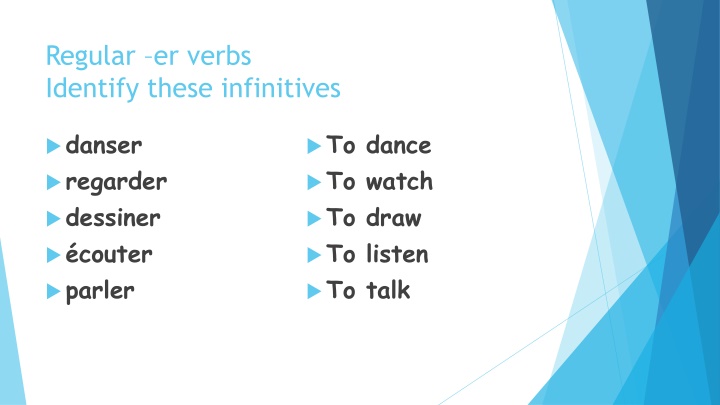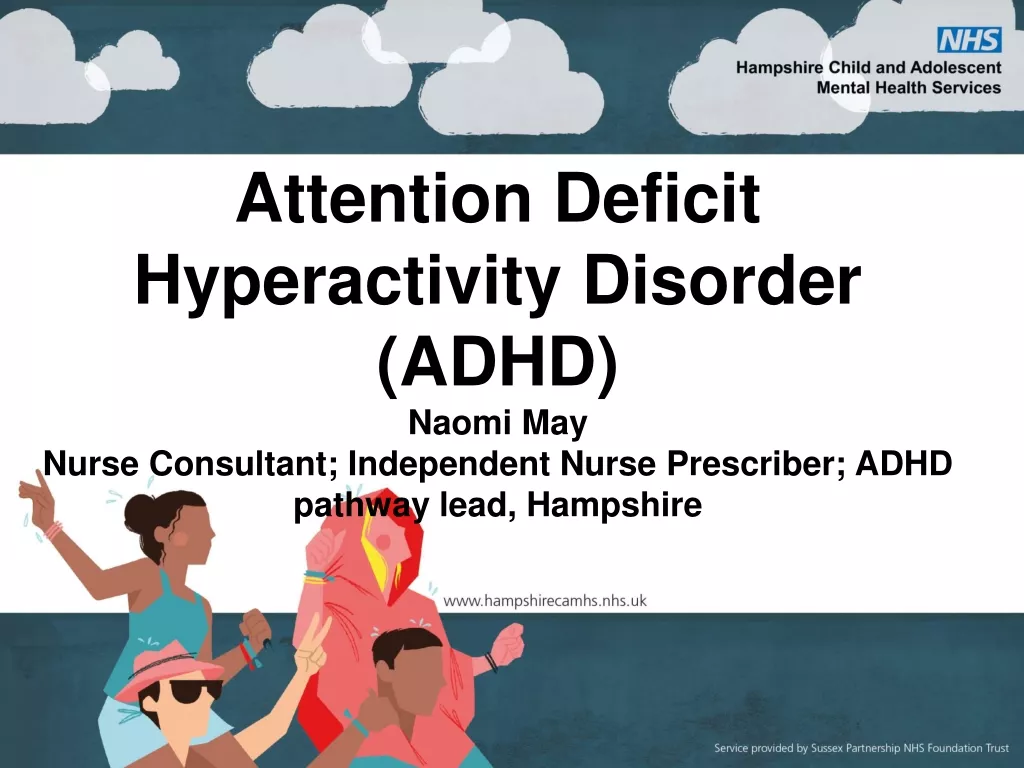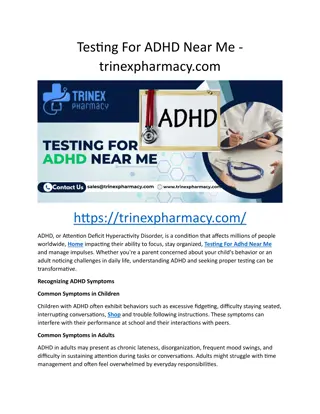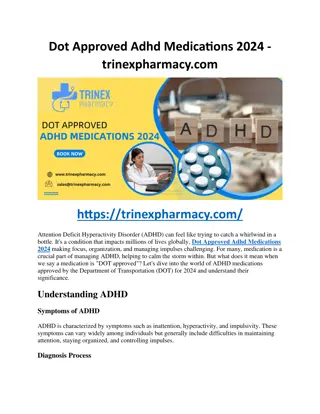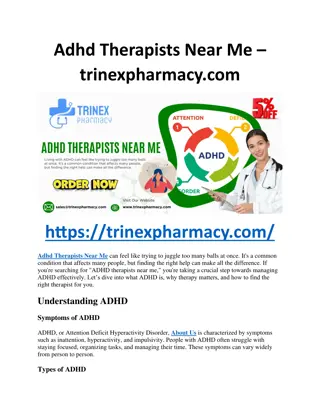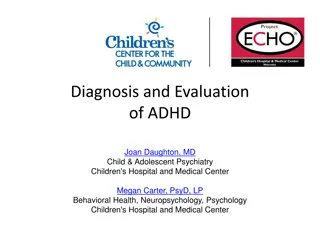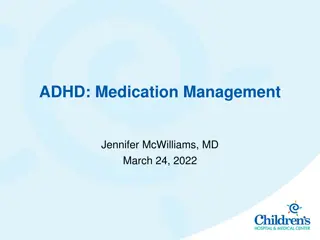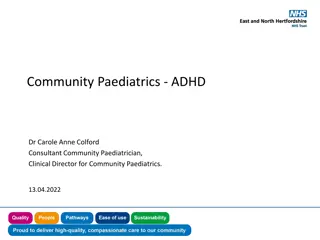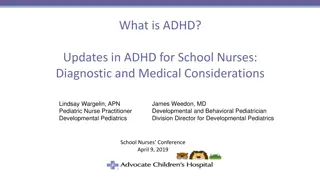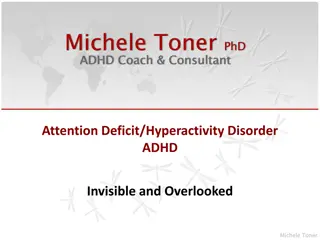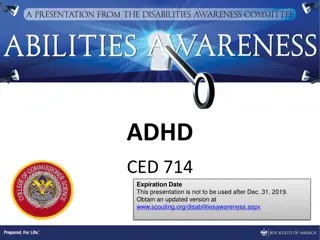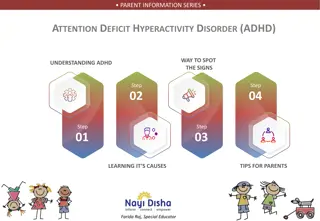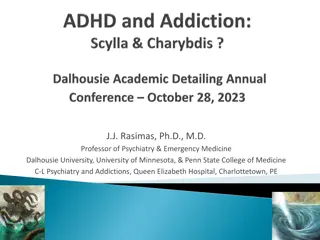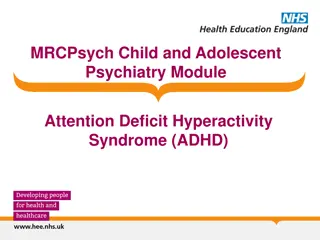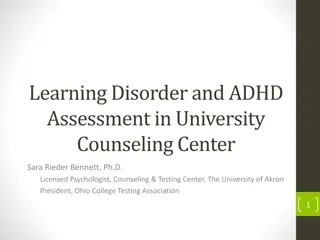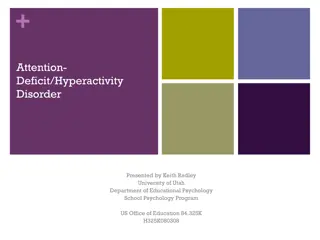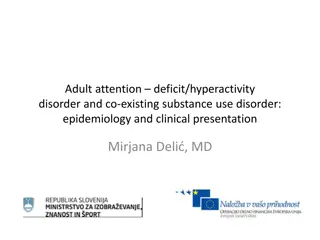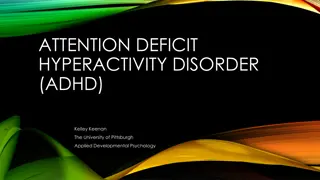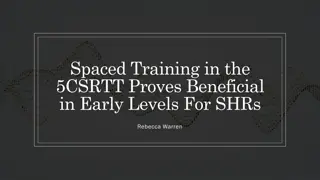ADHD in Children Aged 6-12 Years
Children aged 6-12 years with symptoms of inattention, hyperactivity, and impulsivity may have ADHD. Diagnosis involves meeting specific criteria, assessment for coexisting disorders, and considering direct evidence from parents or teachers. Symptoms include inattention, avoidance of mental effort, hyperactivity, impulsivity, and forgetfulness. It's essential to recognize these signs and seek appropriate evaluation and management for children with ADHD.
Download Presentation

Please find below an Image/Link to download the presentation.
The content on the website is provided AS IS for your information and personal use only. It may not be sold, licensed, or shared on other websites without obtaining consent from the author.If you encounter any issues during the download, it is possible that the publisher has removed the file from their server.
You are allowed to download the files provided on this website for personal or commercial use, subject to the condition that they are used lawfully. All files are the property of their respective owners.
The content on the website is provided AS IS for your information and personal use only. It may not be sold, licensed, or shared on other websites without obtaining consent from the author.
E N D
Presentation Transcript
Regular er verbs Identify these infinitives danser regarder dessiner couter parler To dance To watch To draw To listen To talk
travailler surfer envoyer visiter manger To work To surf To send To visit (places) To eat
tudier nager d ner habiter jouer To study To swim To have dinner To live To play
corriger d ranger commencer lever acheter To correct To bother To begin To lift To buy
Pass Compos To discuss completed actions in the past, you will use the pass compos . The pass compos is a compound tense. You will use a form of avoir as the auxiliary verb. You will use the past participle of the verb that states the action.
Past participles of er verbs chercher nager regarder manger danser chanter cherch nag regard mang dans chant
Quest-ce que a veut dire? jou dans travaill voyag invit played danced worked traveled invited
Form a sentence in the pass compos subject + form of avoir + past participle Je (danser) Tu (parler) Il (regarder) Elle (chanter) On (manger) Qui ( couter) J ai dans . Tu as parl . Il a regard . Elle a chant . On a mang . Qui a cout ?
Nous (travailler) Vous (voyager) Ils (jouer) Elles (visiter) Nous avons travaill . Vous avez voyag . Ils ont jou . Elles ont visit .
Negative sentences To make a sentence negative in the pass compos , place ne pas (or any negative expression) around the auxiliary verb. Nous n avons pas regard le film.
Rewrite these sentences in the negative. J ai mang un sandwich. Je n ai pas mang un sandwich. Elle a parl avec le prof. Elle n a pas parl avec le prof. Vous avez jou au stade. Vous n avez pas jou au stade.
CD 7 Track 5 Decide if Zo is speaking in the present tense or in the past tense (pass compos ). There are 5 situations. (a) present (b) past
